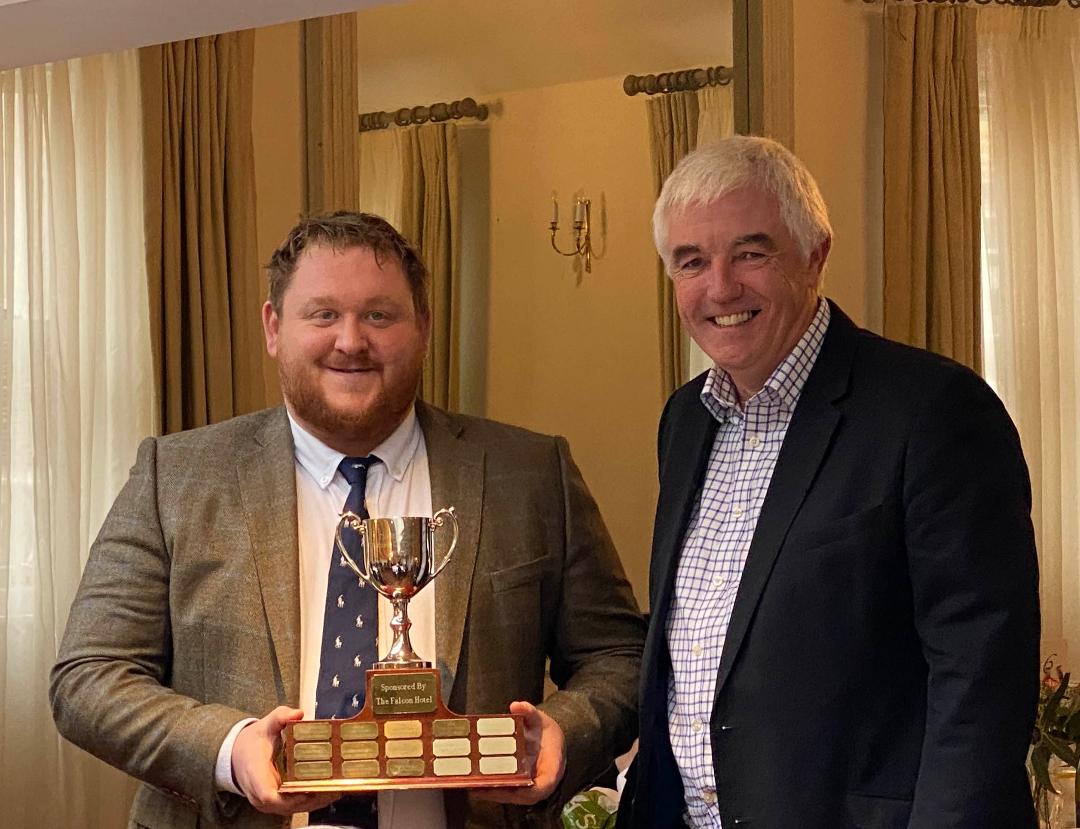The Chief Executive of the Environment Bank told attendees at the Biz Club that the earth is facing a climate crisis as society plunders its natural resources.
Dr Tom Tew from Stamford explained how public opinion is starting to shift in the face of overwhelming evidence that the earth is hotting up, threatening wildlife species with extinction and economic mass migration into the UK by 2035.
He spoke from his perspective of working for over 25 years in the public sector, leading teams and programmes at local, regional, national and international scales. Dr Tew led the UK Scientific Authority on International trade; was a Regional and then National Director at English Nature and Executive Director and Chief Scientist at Natural England.
He also talked about the last 10 years where he has worked in the private sector, including his role as Chief Executive of both the Environment Bank and NatureSpace, private sector companies that work with Local Authorities, landowners and developers to help the planning system deliver net gains for wildlife. He also sits on the Boards of the Heritage Lottery fund and the National Trust.
Dr Tew said: “People may still think the science on climate change is not completely settled and there’s disagreement among climate change scientists, but there is none, whatever you read in the papers. The climate change models from the UK, US, Japan and Australia are almost identical, with scientists around the world agreeing that the climate is changing faster now than it ever has done”.
He explained that the natural cycle of carbon dioxide over the last half million years, governed by solar energy and changes to the earth’s axis, has shot off the top of the graph in the last 100 years.
He warned: “The rate of change of carbon dioxide in our environment is absolutely extraordinary. Climate change is now the second biggest driver of extinction for our wildlife in England, second only to the intensification of agriculture, and the biggest driver of wildlife extinction in other parts of the world”.
Dr Tew produced figures from this year’s State of the Environment Report that records a 50 per cent decline in the population of moths, a 60 per cent decline in beetles and 13 per cent of mammals facing extinction.
He said that the public are waking up to the crisis with public opinion changing quite dramatically. “This year for the first time a survey by the Heritage Lottery Fund showed that nature was ranked the worthiest recipient for funding. Similarly, in a survey of its six million members by the National Trust, 40 per cent said climate change was the biggest single issue”.
Dr Tew predicted that if the temperature rises beyond 3 degrees, as now seemed highly likely, then the implications for global agriculture would be extreme. In worst-case scenario forecasts it is envisaged that climate change will produce mass migration into Europe and the UK, with the collapse of international co-operation and the forced shutting of national borders.
Dr Tew, who is also an expert on nature conservation, concluded his talk by outlining his current role as CEO of NatureSpace, a company that has designed a great crested newt District Licensing Scheme with the support of both Local Planning Authorities and the UK’s freshwater and amphibian NGOs.
In the scheme, regulated and approved by Natural England, developers pay a fee that is proportionate to their developmental impacts, with the money going straight into conservation and habitat creation, delivered by great crested newt experts.
Dr Tew said: “The scheme provides huge time- and cost- benefits for developers, saves planners time, and most importantly will deliver the first-ever species conservation strategy that is both landscape-scale and is funded forever. For every newt pond lost, at least four high quality new ponds are created along with with terrestrial habitat. That kind of environmental win-win-win doesn’t happen very often and it’s a privilege to be a small part of it”.
Biz Club president Geoffrey Pointon said: “Once again the Biz Club has attracted a first class speaker who is at the top of his game. Tom has provided us with a compelling insight into the potential effects of climate change which doesn’t bode well for the future unless we all take action. On a more positive note, it was encouraging to hear about his work with the great crested newt and his practical and sustainable solution for wildlife conservation”.

For more information on NatureSpace visit www.naturespaceuk.com
